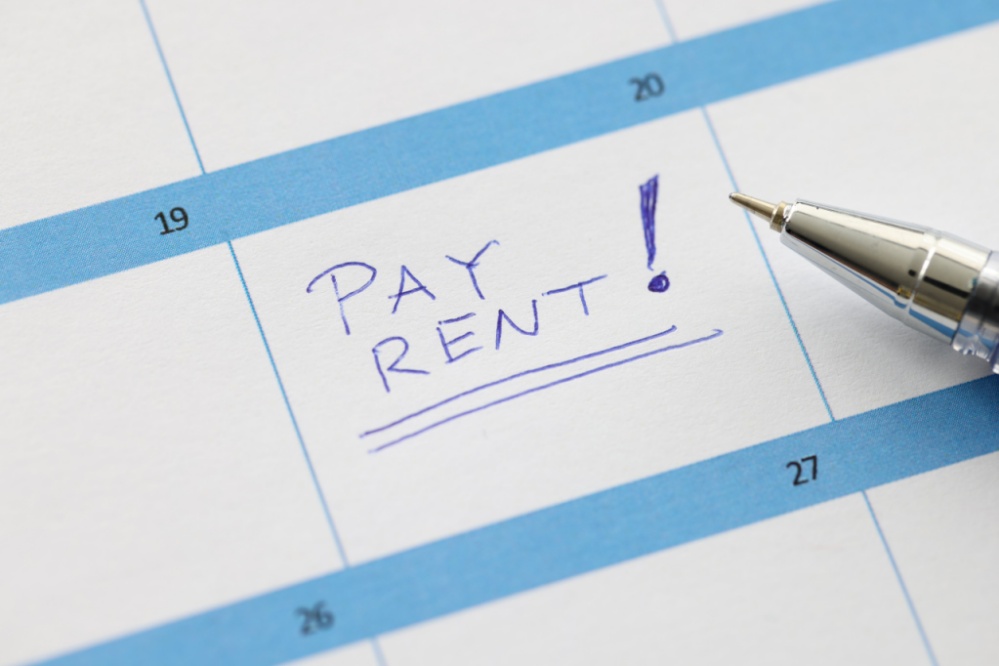If you’re a tenant in Rayleigh, you’re probably already feeling the bite due to the cost of living crisis. So, the prospect of facing a rent increase is the last thing you want to think about. Unfortunately, rent increases are a fact of life. So, here, we take a look at how much your landlord is allowed to increase your rent by, and when they’re allowed to do it.
When Can My Landlord Ask To Increase My Rent?
The good news for tenants is that your landlord cannot simply increase your rent just because they feel like it. There are rules about rent increases that landlords must follow.
If you have a month-by-month or week-by-week periodic tenancy, your landlord isn’t usually allowed to increase your rent more than once per year - unless you agree to it.
If you have a fixed-term agreement that runs for a specified period of time, your landlord is only permitted to increase your rent with your agreement. If you don’t agree, the landlord is only allowed to increase the rent once your fixed term has ended.
Does My Landlord Have To Give Me Notice Of A Rent Increase?
In most cases, an assured shorthold tenancy will start out as a fixed-term agreement, however, over time, some evolve into a periodic tenancy. You need to understand the kind of tenancy agreement you currently have.
Your landlord cannot insist on increasing your rent during your fixed-term tenancy unless there is a clause about rent reviews in the agreement. If you have one of these clauses in your agreement, your landlord can increase the rental amount during your tenancy, but the agreement must state explicitly when and how those rent increases will occur.
It's important to note that in England, the rent must not be increased within the first 52 weeks after the start of the tenancy, or within 52 weeks after the date when rent was last increased using a section 13 notice, unless the fixed term ended after 6 months and continued on a periodic agreement. You can find out more about section 13 here.
Otherwise, you can only increase the rent:
- When the fixed term ends and the tenancy is renewed for another fixed term at a higher rent. In this case, the tenant would sign a new contract at the higher rent.
- If the tenancy becomes periodic. The landlord would then use a Section 13 (but cannot serve the section 13 until the fixed term ends).
- If there is a rent clause in a fixed term agreement. For example, if the tenancy is for two years with no break clause, the rent clause can state that the rent will be reviewed or increased at the 12 month anniversary of the start of the tenancy.
A minimum period of notice must be given before the proposed new rent can take effect. That period is:
- One month for a tenancy which is monthly or for a lesser period, e.g. weekly or fortnightly.
- Six months for a yearly tenancy.
- In all other cases, a period equal to the length of the tenancy. For example, three months in the case of a quarterly tenancy.
How Much Is My Landlord Allowed To Increase My Rent By?
Your landlord is allowed to increase your rent to any amount they see fit, but of course, it must be within reason. There is a government stipulation that says landlords have to be realistic and fair regarding rent increases, so that means your rent should only go up in line with the local average for your property type.
If you currently rent a two-bedroom terrace for £1100 per month and similar homes in your area fetch £1200, it’s within your landlord’s rights to demand an increase in your rent of £100 per month. Should your landlord ask you to pay an extra £500 per month, though, that increase would fail the “realistic and fair” test, and you’d be entitled to challenge the demand.
Can I Refuse A Rent Increase?
If you believe your landlord’s proposed increase is unfair and unrealistic, you can challenge the proposal. Nevertheless, discussing the situation with your landlord is always wise before taking legal action. Most landlords are prepared to come to some kind of agreement with you, particularly if you’ve always been a reliable tenant. Even if you plan to take your landlord to a tribunal regarding their proposed rent increase, you must continue to pay your rent, as failure to do so could result in your eviction.
If you’re looking for a rental property or need more advice about rent increases, get in touch with our experts at Barrett Estates on 01268774676.






Share this with
Email
Facebook
Messenger
Twitter
Pinterest
LinkedIn
Copy this link